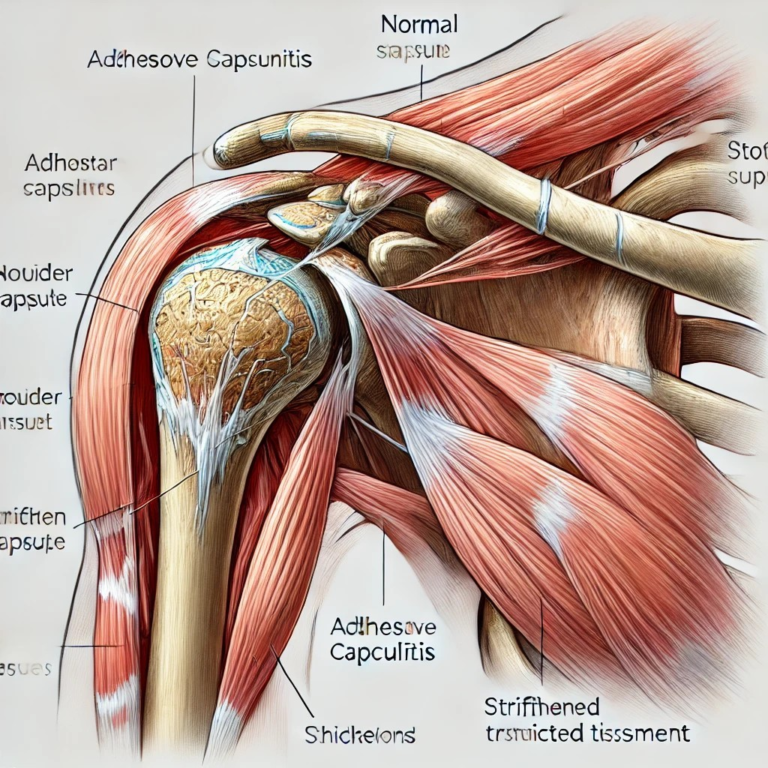Do I Need Elbow Surgery
for Fracture?
A Comprehensive Guide
A misstep, a sudden fall, and an unexpected impact on your elbow.
Suddenly, you find yourself grappling with more than just pain
– a potential elbow fracture
The question looms: Is surgery necessary for an elbow fracture?
Watch out for the shoulder situation. If it’s making your day a bit too painful, especially when you’re just trying to do simple things, like reaching for something, it might be time to seek professional advice to understand your shoulder’s needs.
Your well-being is essential, and finding the right solution will help bring comfort back to your shoulder. Here’s an overview of a surgery that might be the answer to your shoulder pain – Shoulder replacement surgery
When to Get Elbow Surgery for Fracture
Not all elbow fractures require surgery. The decision hinges on factors such as the type and severity of the fracture, the alignment of the bones, and the patient’s overall health.
In cases where the fracture is severe, displaced, or involves joint surfaces, surgery may be recommended to ensure optimal healing and long-term joint function. Additionally, fractures that have not responded to conservative treatments like casting or bracing may warrant surgical intervention.
Now, let’s assume that you have decided to opt for elbow surgery for fracture treatment. The question that persists is – What’s the process of an elbow surgery?
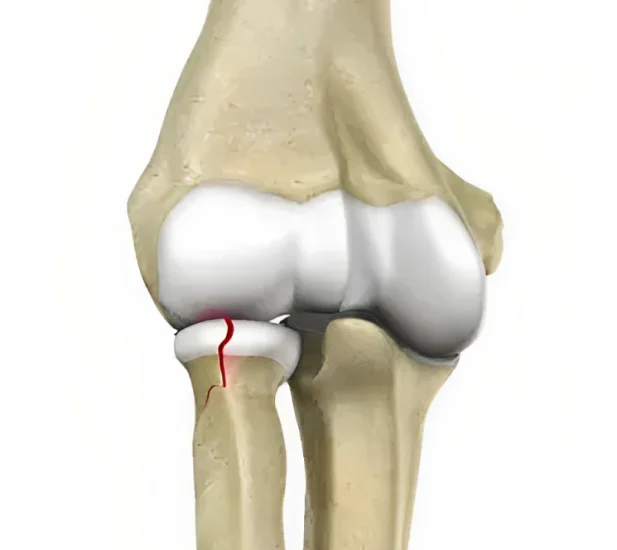
Process of Elbow Surgery
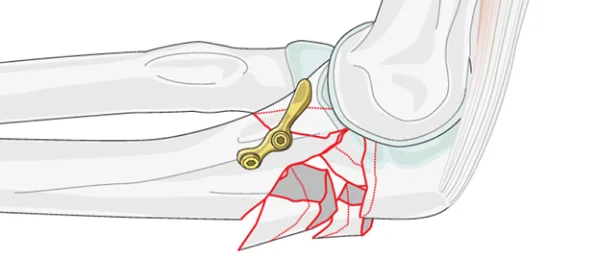
Osteoarthritis
A degenerative condition leading
to the deterioration of joint cartilage.
Rheumatoid Arthritis:
An autoimmune-related inflammation
affecting the joints.
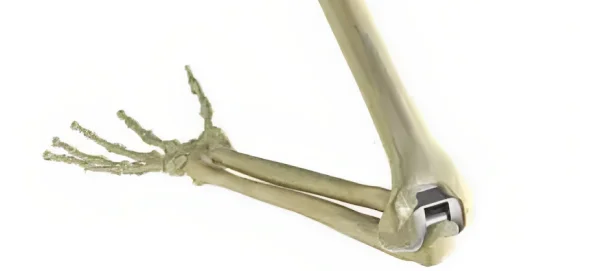
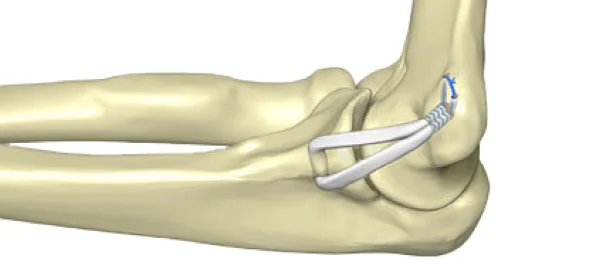
Post-Traumatic Arthritis:
Arising from severe shoulder injuries.
Types of Elbow Fractures: Understanding the Complexity
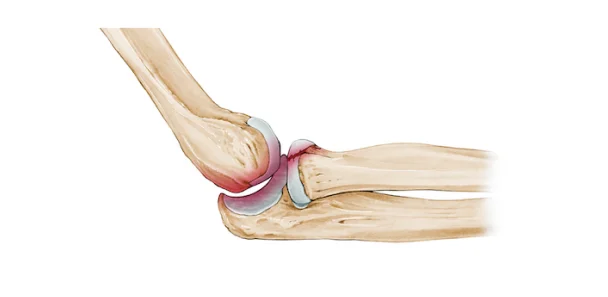
Radial Head Fractures:
Commonly occurring when one lands on an outstretched arm, these fractures affect the top part of the radius bone in the forearm.
Olecranon Fractures:
As a result from a direct blow or a fall on a bent elbow, olecranon fractures involve the bony tip of the elbow.
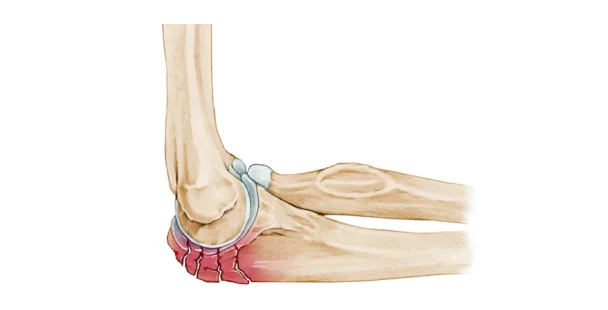
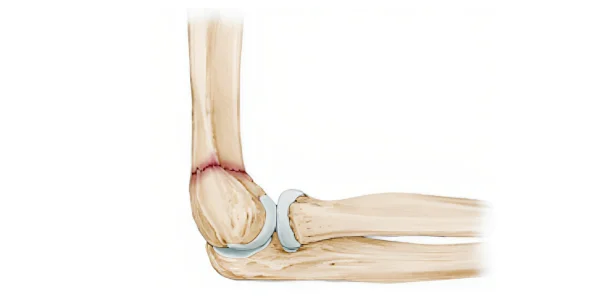
Distal Humerus Fractures:
Typically caused by a hard fall onto an outstretched arm, these fractures affect the lower end of the humerus bone.
The Surgery Process
Recovery
Recovery after elbow surgery is a crucial phase in restoring function. Physical therapy plays a pivotal role, aiming to improve range of motion, strengthen muscles, and enhance overall joint function.
Initially, rehabilitation may involve gentle exercises and gradually progress to more intensive activities as the healing process advances. The expected recovery timeline post-surgery varies but actively participating in postoperative rehabilitation is key to achieving optimal results.


